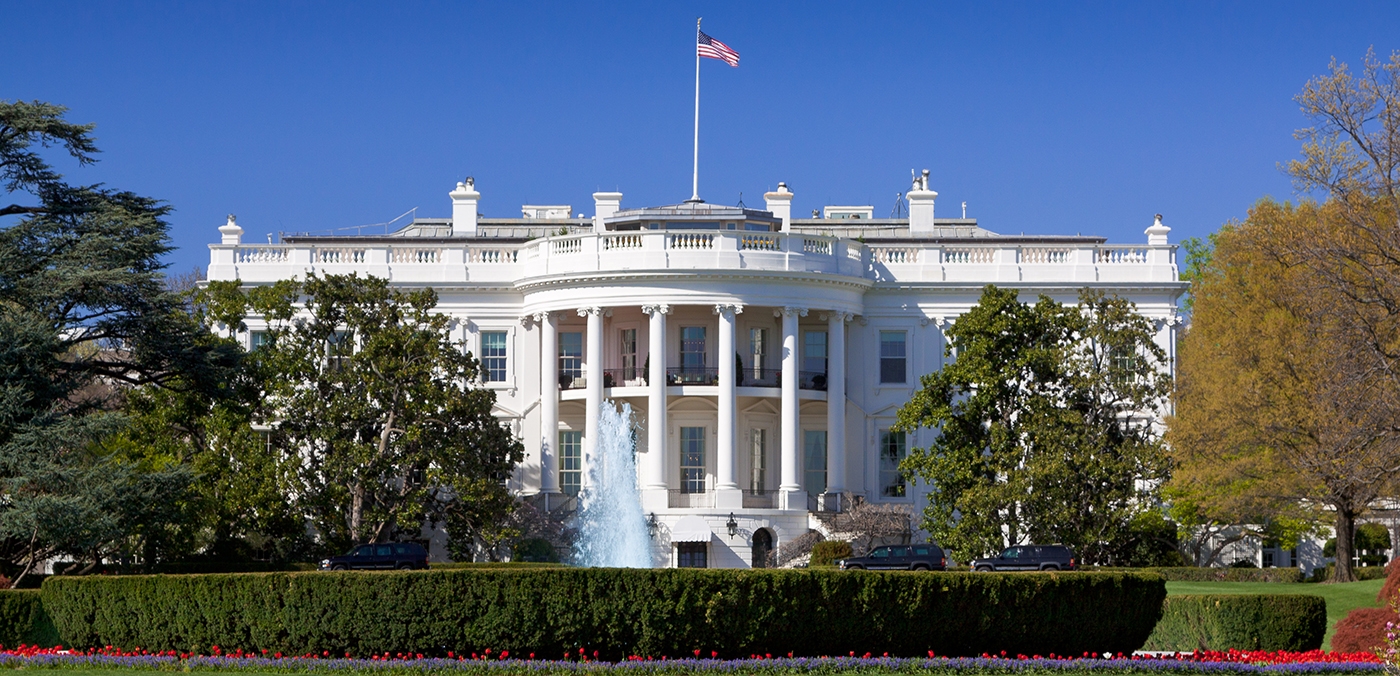Biden’s climate summit – an opportunity to send a strong signal

U.S. President Joe Biden has invited 40 international heads of government to a virtual climate summit he is hosting tomorrow, on Earth Day. The aim is to get the individual states to make ambitious contributions to tackling the climate crisis, and decide on a common approach in preparation for the UN Climate Change Conference taking place in Glasgow in the fall. An important initiative, because only swift joint action can stop the increasingly dramatic global warming to which the recently published UN climate report 2020 again attests.
Indeed, more than 100 countries have already set climate neutrality goals for the coming decades. The U.S. and the European Union want to reduce their greenhouse gas emissions to net zero by 2050. However, there is still a lot to do to reach this goal. After all, the pledges previously made by the signatories of the Paris climate agreement are nowhere near enough to achieve the 1.5 degree target pursued. We must, however, reduce greenhouse gas emissions considerably in the next few years already. So, the sooner we begin taking effective measures and the more coordinated our actions, the better. One step in this direction is the infrastructure package presented by U.S. President Biden a few weeks ago. He wants to invest more than $2 trillion in ramshackle bridges, roads and energy supply – and also promote climate protection in the process. For the implementation of such initiatives, common and internationally binding framework conditions must now be urgently created to ensure that prosperity and jobs are generated locally with clean energy. This is because, unfortunately, far too many countries and companies still do not see climate protection as an opportunity to create a better future, but rather as a barrier to growth, prosperity that and their international competitiveness.
Nobody must feel disadvantaged
Biden’s predecessor Donald Trump demonstrated emphatically what can happen when individual countries feel disadvantaged by climate protection measures: He had already labeled the Paris climate agreement as “unfair” as a presidential candidate and initiated the U.S.’s withdrawal from international climate policy following his election. As a result, we lost four valuable years for collectively tackling the climate crisis. This makes it all the more important that the U.S. is now back on the international stage with a strong focus on climate – and leading the way with a good example.
That is why last week I – along with more than 100 other representatives from European politics, business, trade unions and think tanks – signed an open letter to the U.S. government in which we call upon it to bring its climate protection ambitions for 2030 into line with those of the EU, to approach the fight against the climate crisis jointly as a transatlantic alliance and to set a course for a fair and sustainable shift to climate-neutral economic activity. Shortly afterwards, 300 investors and companies from the U.S. also made the same demands of their government. Whether or not the U.S. government takes these demands on board will become apparent at the beginning of the summit when it intends to present its new climate protection goals for the next ten years.
We need a strong signal
I await this moment with great anticipation, just as I do the further outcomes at the end of the two-day climate summit, which will be broadcast live on the internet. The countries whose governments Joe Biden has invited to the summit are responsible for around 80 percent of global greenhouse gas emissions and generate the same proportion of global gross domestic product. Their willingness to change can send a positive signal to Glasgow. In order to achieve the objectives to which the signatories of the Paris climate agreement have committed, strong signals are now required.


Feel free to contribute!